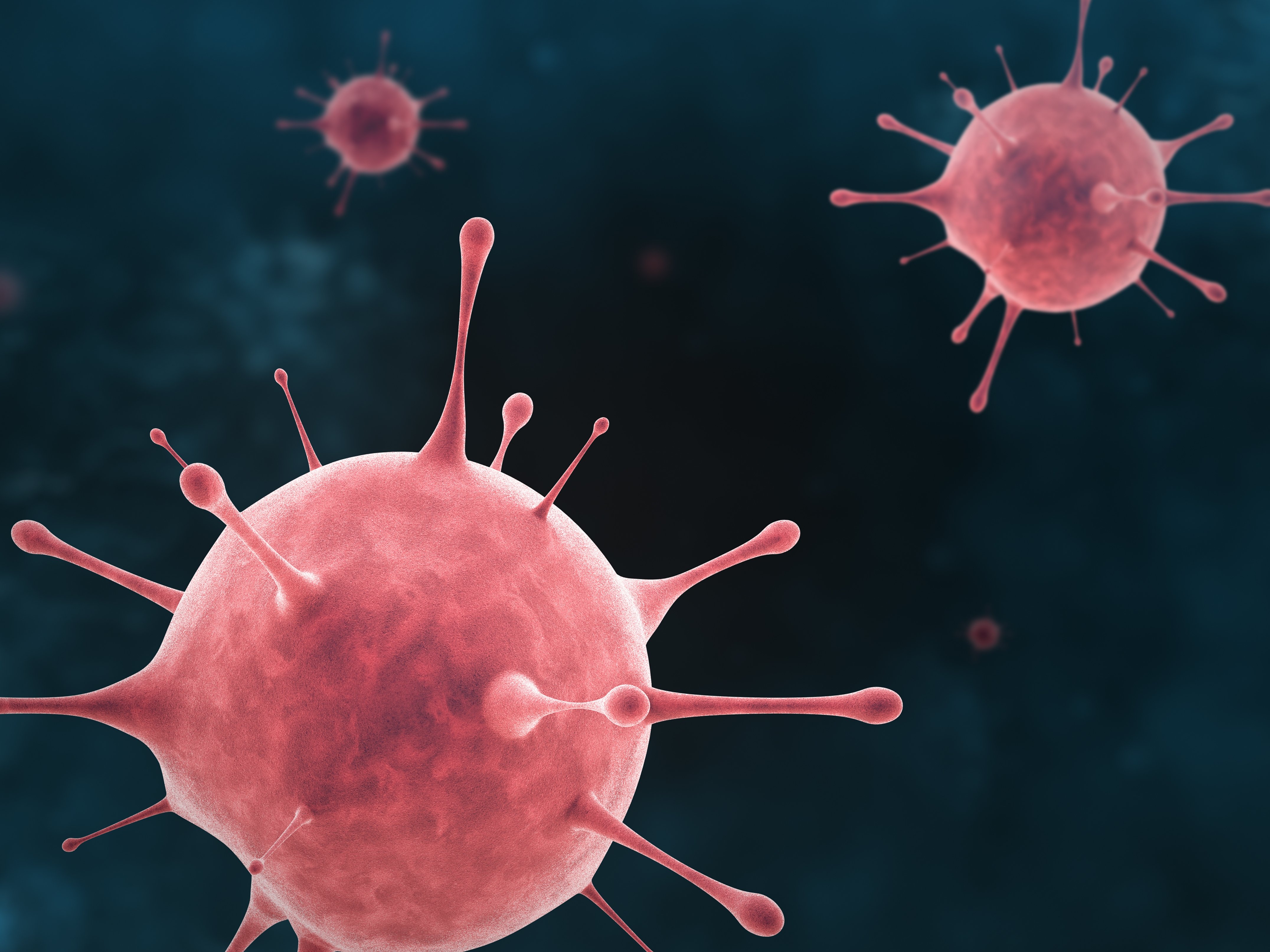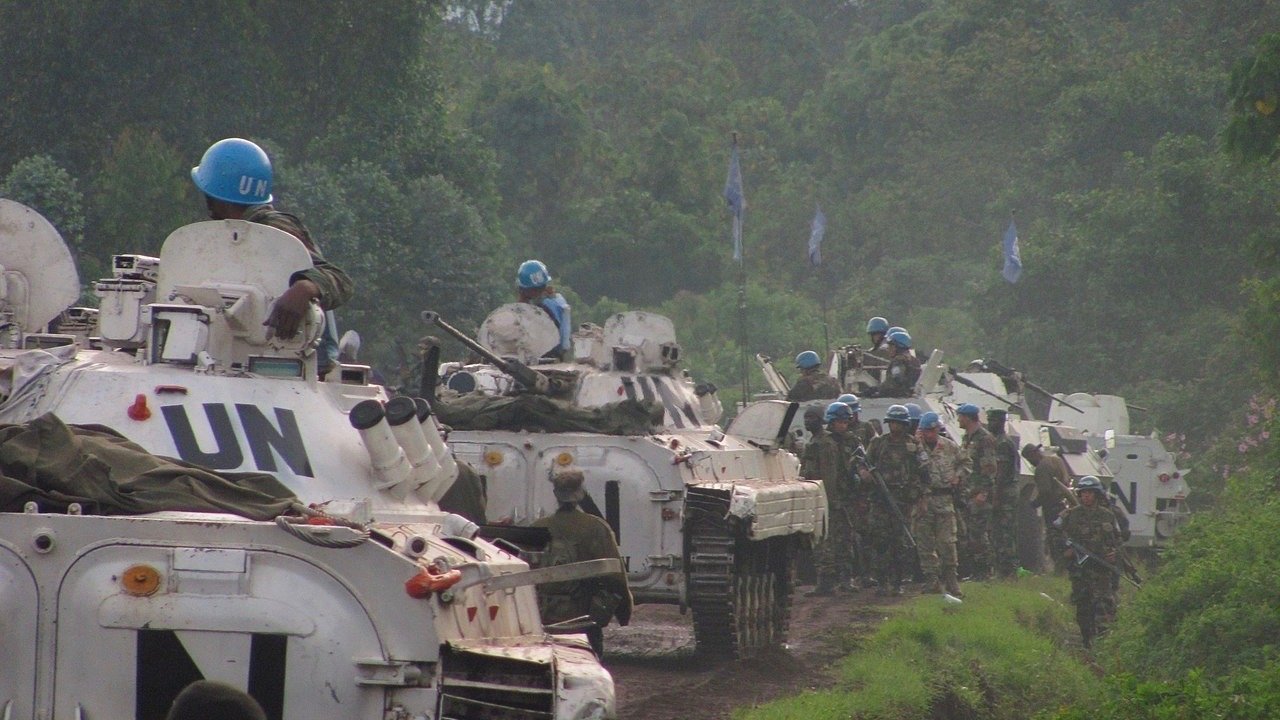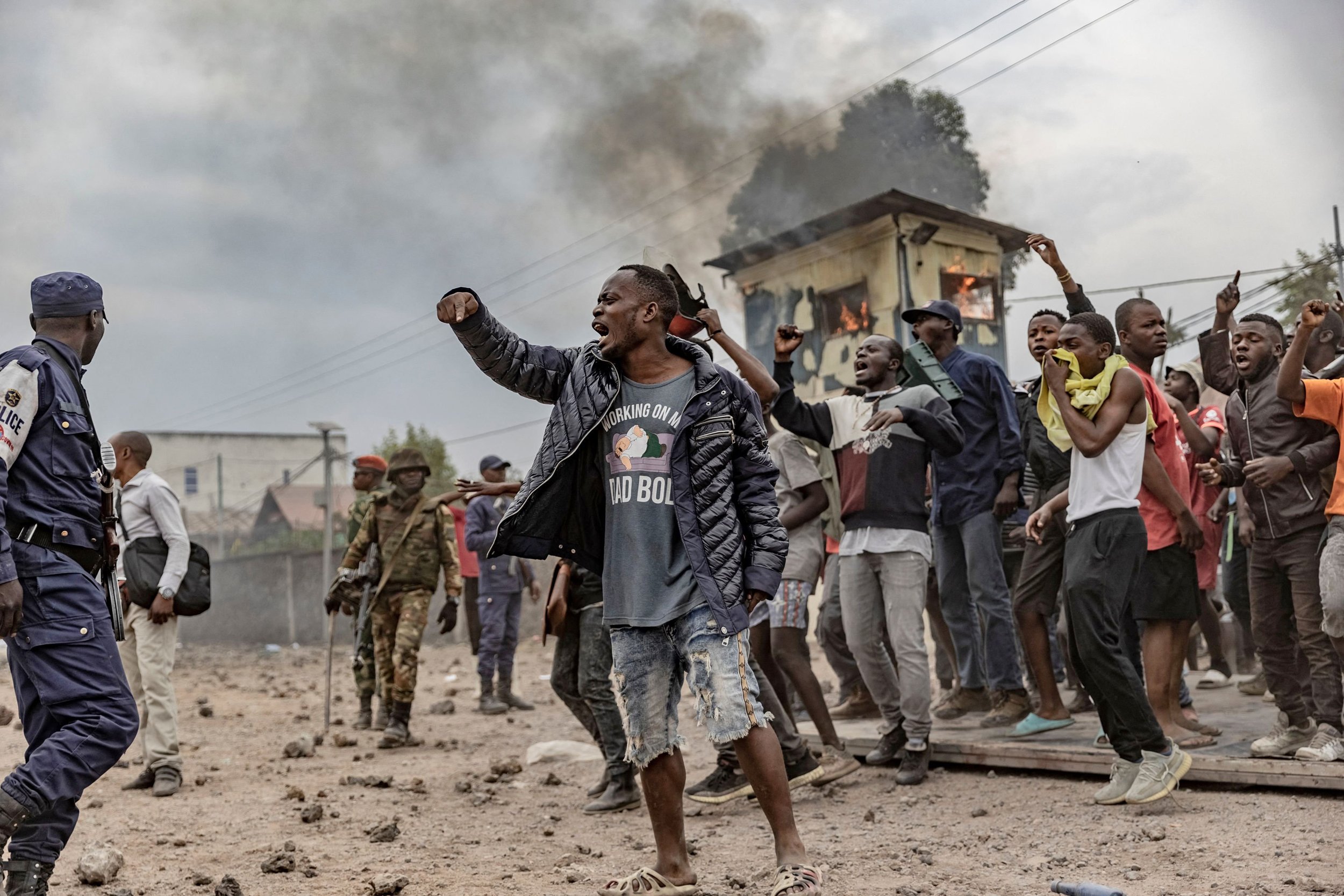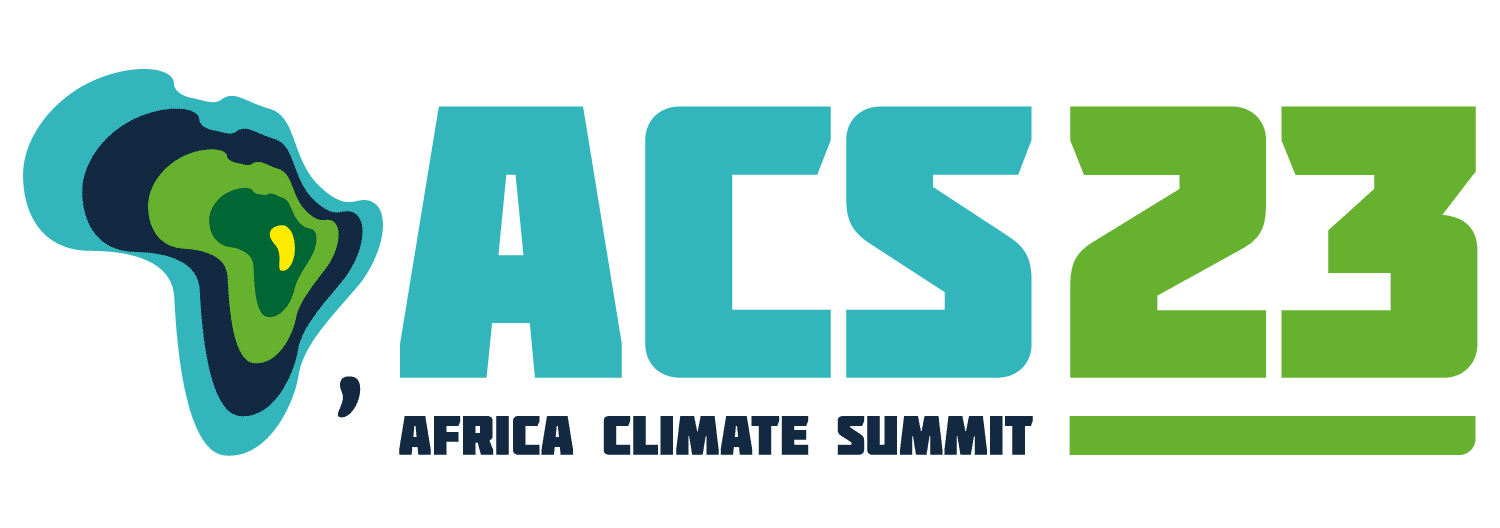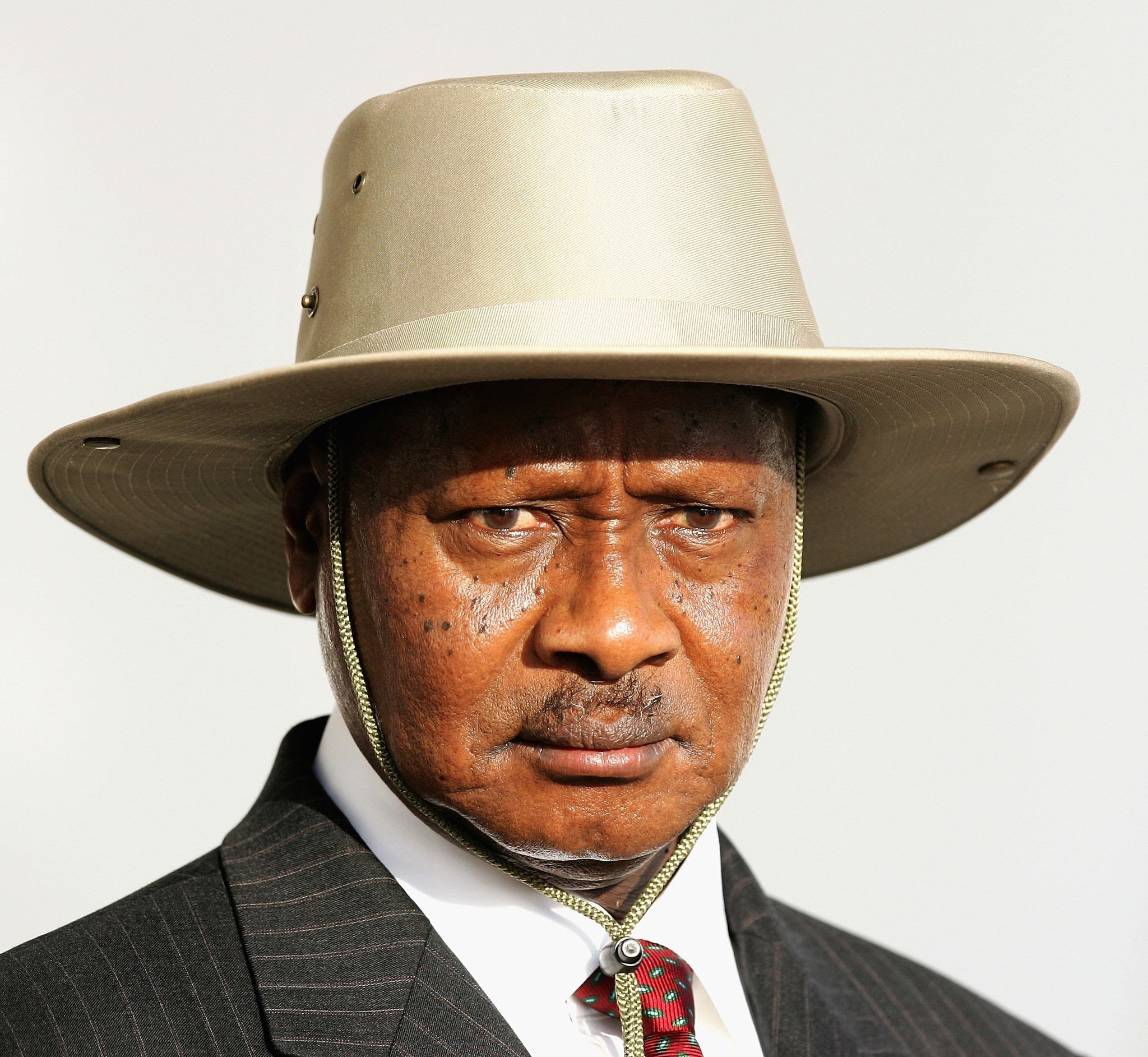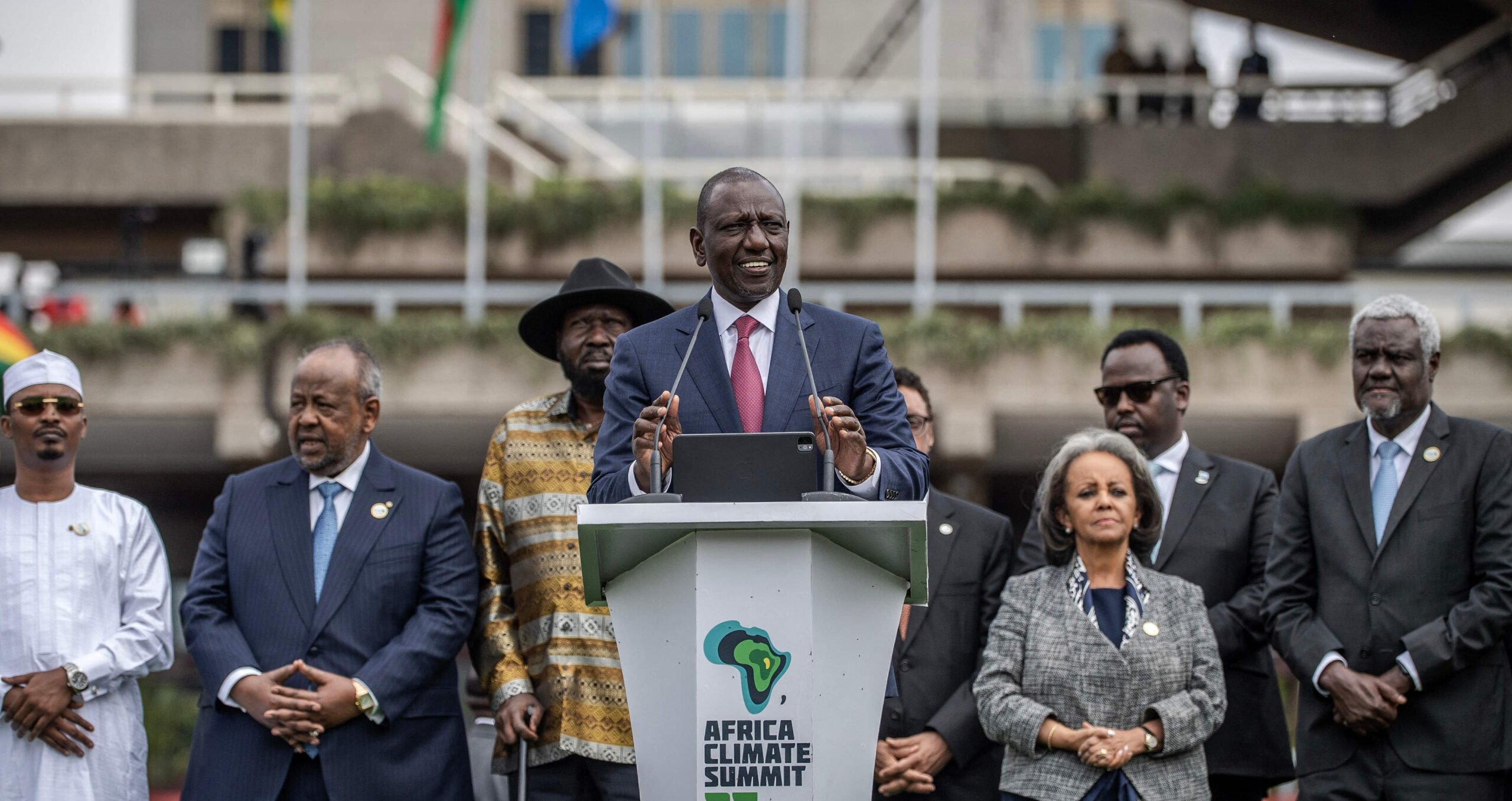He (Jowie) lacks stable partner relationships. He has antisocial patterns manifested by living on the edge. He is impulsive and a thrill seeker. He uses anger or aggression to control others. Has a double personality trait.
The High Court is set to impose its sentence on Joseph Irungu, also known as Jowie, for the murder of businesswoman Monica Kimani. This comes after a series of legal proceedings and deliberations that saw Jowie convicted of the heinous crime, while his co-accused, Jacque Maribe, was exonerated of the murder charge.
The ruling, delivered by Judge Grace Nzioka, made 13 findings that implicated both Irungu and Maribe. However, while Maribe was acquitted of the murder charge, she was found guilty of lying to a public officer. Interestingly, Judge Nzioka pointed out that Maribe could not be convicted of this offense since she had not been charged with it originally, raising questions about the legal process and the charges brought against her.
Joseph Irungu alias Jowie has been sentenced to death after he was found guilty of the 2018 murder of businesswoman Monica Kimani.
Delivering the verdict on Wednesday, High Court judge Grace Nzioka ruled that the horrific murder of Monica Kimani was "intentional."
"It was not a defensive act. It was not out of provocation. It was planned, intended and executed," ruled Justice Nzioka.
The case garnered significant attention due to the gruesome nature of Monica Kimani's murder. The judge emphasized that the injuries sustained by Monica indicated meticulous planning, with her neck being slit in a manner akin to slaughtering a goat. Such details underscore the brutality of the crime and the need for justice to be served.
Throughout the trial, the prosecution failed to place Maribe at the scene of the crime, leading to her acquittal. Judge Nzioka highlighted the lack of sufficient evidence to incriminate Maribe and questioned the appropriateness of the charges brought against her. This decision has sparked discussions about the effectiveness of the legal system and the importance of ensuring fair and just proceedings.
As Jowie awaits sentencing, the revocation of his bond terms and his subsequent custody pending sentencing underscore the gravity of the situation. The court's decision will not only bring closure to the case but also serve as a reminder of the consequences of such heinous acts.
The impending sentencing of Jowie Irungu for Monica Kimani's murder marks a pivotal moment in the legal proceedings surrounding this tragic case. While Maribe has been exonerated, the pursuit of justice continues as the court deliberates on the appropriate punishment for the convicted defendant.

